Life
Sign up for our newsletter
We summarize the week's scientific breakthroughs every Thursday.
-
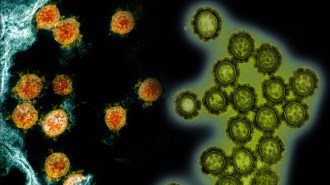 Health & Medicine
Health & MedicineWhat will happen when COVID-19 and the flu collide this fall?
As the Northern Hemisphere braces for a coronavirus-flu double hit, it’s unclear if it’ll be a deadly combo or one virus will squeeze out the other.
-
 Environment
EnvironmentWhat we know and don’t know about wildfire smoke’s health risks
As wildfires become more frequent and severe in California, Oregon and throughout the West Coast, concerns rise about harmful air pollution.
By Aimee Cunningham and Maria Temming -
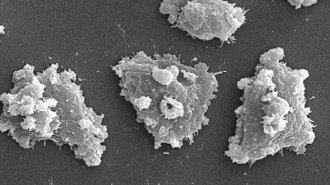 Microbes
Microbes50 years ago, scientists were on the trail of a brain-eating amoeba
In 1970, scientists were studying a brain-eating amoeba that had been implicated in a newfound disease. Today, infections by the parasite are still poorly understood.
-
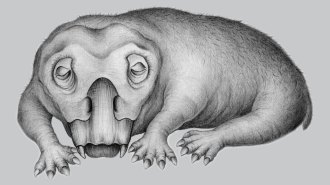 Paleontology
PaleontologyAncient Lystrosaurus tusks may show the oldest signs of a hibernation-like state
Oddball ancestors of mammals called Lystrosaurus might have slowed way down during polar winters.
By Susan Milius -
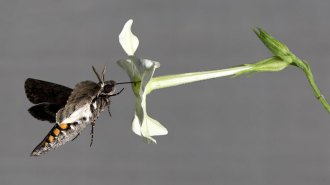 Environment
EnvironmentThis moth may outsmart smog by learning to like pollution-altered aromas
In the lab, scientists taught tobacco hawkmoths that a scent changed by ozone is from a favorite flower.
By Carmen Drahl -
 Agriculture
AgricultureHow does a crop’s environment shape a food’s smell and taste?
Scientific explorations of terroir — the soil, climate and orientation in which crops grow — hint at influences on flavors and aromas.
-
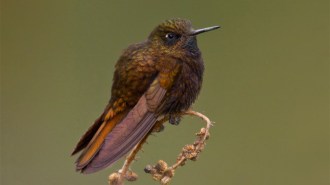 Animals
AnimalsThis hummingbird survives cold nights by nearly freezing itself solid
To survive cold Andean nights, the black metaltail saves energy by cooling itself to record-low temperatures, entering a state of suspended animation.
-
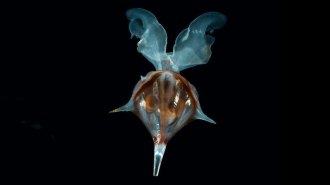 Animals
AnimalsSea butterflies’ shells determine how the snails swim
New aquarium videos show that sea butterflies of various shapes and sizes flutter through water differently.
-
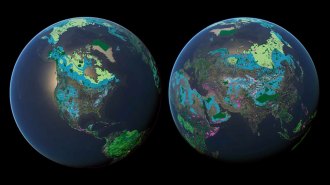 Ecosystems
EcosystemsProtecting half the planet could help solve climate change and save species
An analysis lays out where new land protections could complement existing protected areas to achieve various conservation and climate goals.
-
 Life
LifeThis parasitic plant eavesdrops on its host to know when to flower
Dodder plants have no leaves to sense when to bloom, so the parasites rely on a chemical cue from their hosts instead.
-
 Genetics
GeneticsStrict new guidelines lay out a path to heritable human gene editing
But scientists say making changes in DNA that can be passed on to future generations still isn’t safe and effective, yet.
-
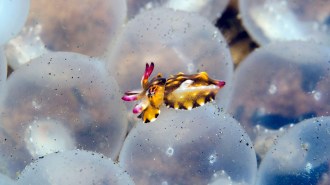 Animals
AnimalsFlamboyant cuttlefish save their bright patterns for flirting, fighting and fleeing
A new field study of flamboyant cuttlefish shows they don’t always live up to their reputation.